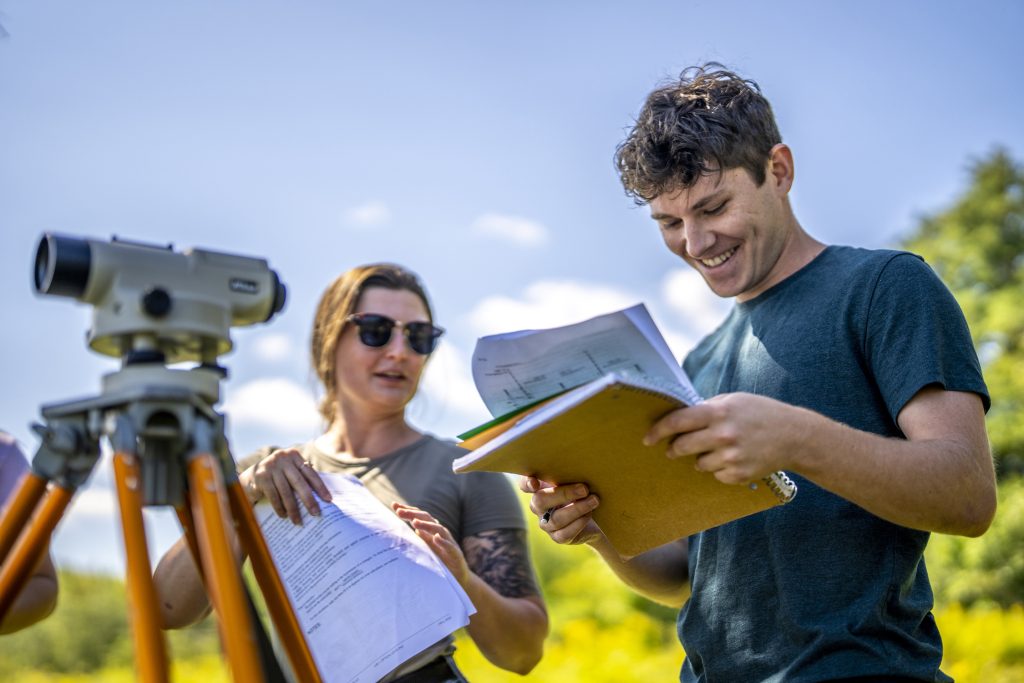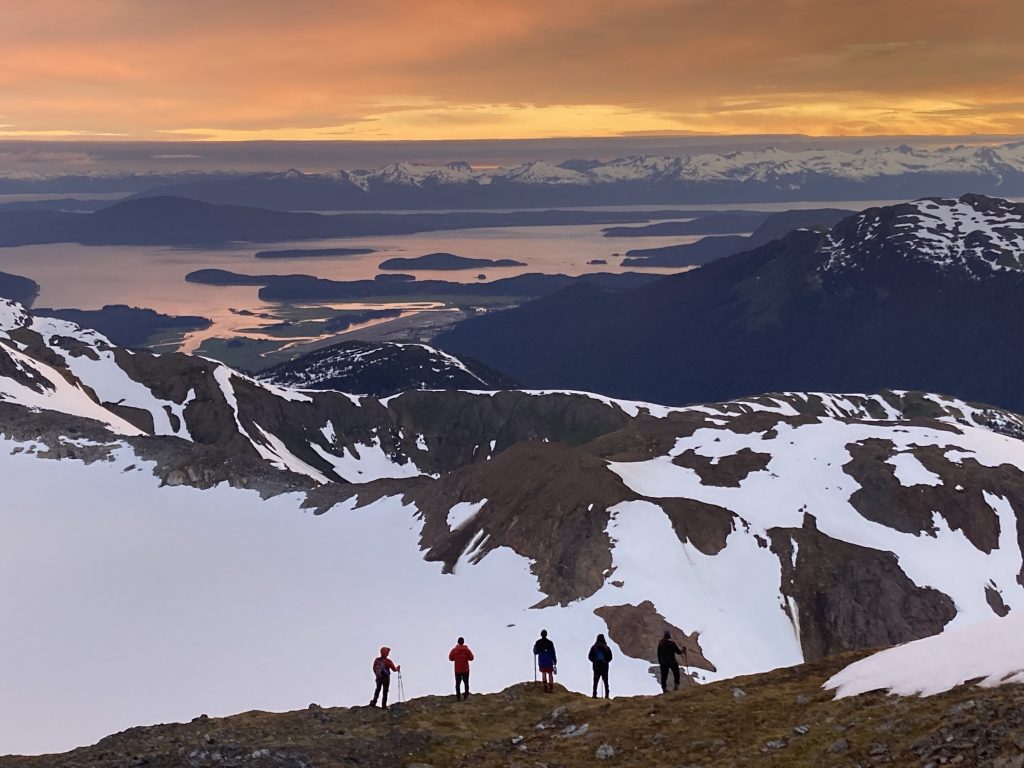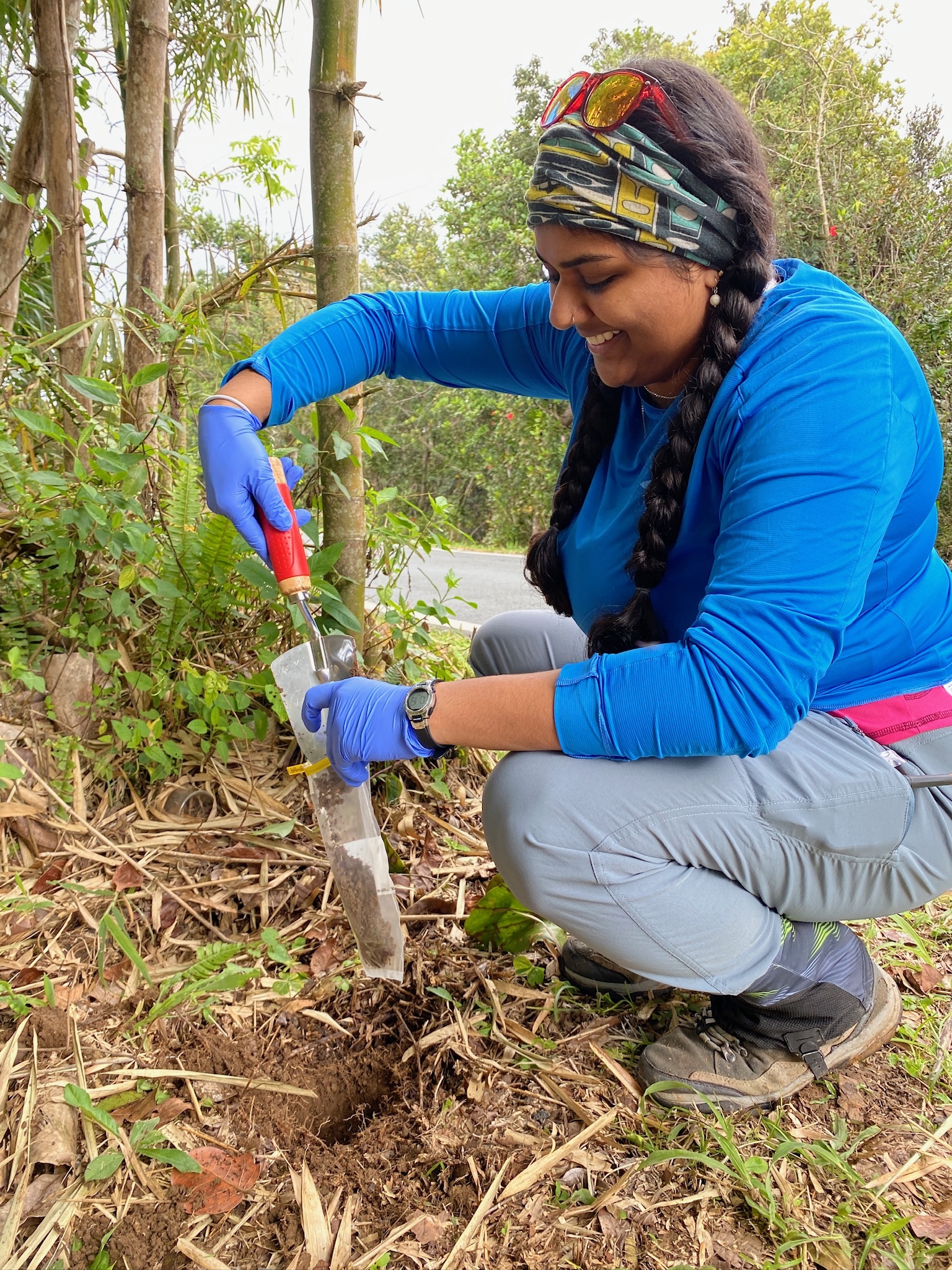Welcome to your classroom
Earth and Climate Science majors gain laboratory, computational and field skills, preparing them for a broad range of jobs in the geosciences and beyond. The diverse geology of Maine reveals a complex history of volcanism, continental collision, ancient oceans, recent glaciers, and active waterways, making it an ideal place to live and study. Researching issues of natural resource management, water quality, sea level rise, and the impacts of climate change on agriculture are just some of the ways students and faculty make a difference in the community.


Why major in Earth Sciences?
Majors are generally interested in natural sciences and have a drive to understand how the world works. Students feed their curiosity about natural processes and engage in meaningful work to advance the field of science through courses, field work, research assistantships, internships, conference presentations, and their capstone experience.
Jobs in Earth and Climate Science related fields are projected to increase. Geoscience jobs are diverse and graduates secure jobs in science, education, art, engineering, medicine, writing, policy, law, and business. Geoscientists work all over the world, each region has specific needs.
What do Earth and Climate Scientists do?
Of the many geoscience-related jobs available, recent ECS graduates are currently working as government geologists, geologic consultants, GIS specialists, graduate student researchers, lab technicians, science teachers, education coordinators, museum curators, city planners, data analysts for the US Military, and nature guides. The American Geological Institute is a great site for exploring career opportunities in depth.


Internships
Internships can be paid or unpaid opportunities outside of UMaine with government, research, or consulting institutions where students gain real-world experience and explore their potential career options in the geosciences. Here are places where recent Earth and Climate Science majors did internships:
- Maine Geological Survey
- Northeast Geophysical Services
- Teck Resources
- USDA Soil / Geology
- National Science Foundation (NSF) Research Experience for Undergraduates (REU)
- Lakes Environmental Association
- Gulf of Maine Research Institute
- Americorps
When searching for Earth and Climate Sciences jobs, it may help to use alternative words like ‘geology’, ‘environmental science’, or something more specific like ‘hydrogeology’. Here are some internship search sites:
Program Learning Outcomes
Content PLO’s
- Students will be able to explain how Earth’s interior and surface processes are intimately linked and how climate is an integral and changing part of the Earth system that impacts Earth surface processes
- Students will be able to recall, compare, and evaluate the way physical, chemical, and biological processes form Earth’s interior and surface and articulate how these processes are expresses in the geologic record
Skills PLO’s
- Students will be able to collect, document, organize, analyze, explain, and model both qualitative and quantitative Earth Science data using mathematical tools to interpret both direct and remote observations
- Students will be able to explain and defend concepts and data in logical written, oral, and graphical formats
- Students will be able to combine observations and content knowledge to construct evidence-supported arguments
Synthesis and Evaluation PLO’s
- Students will be able to combine observations and content knowledge to construct evidence-supported arguments
